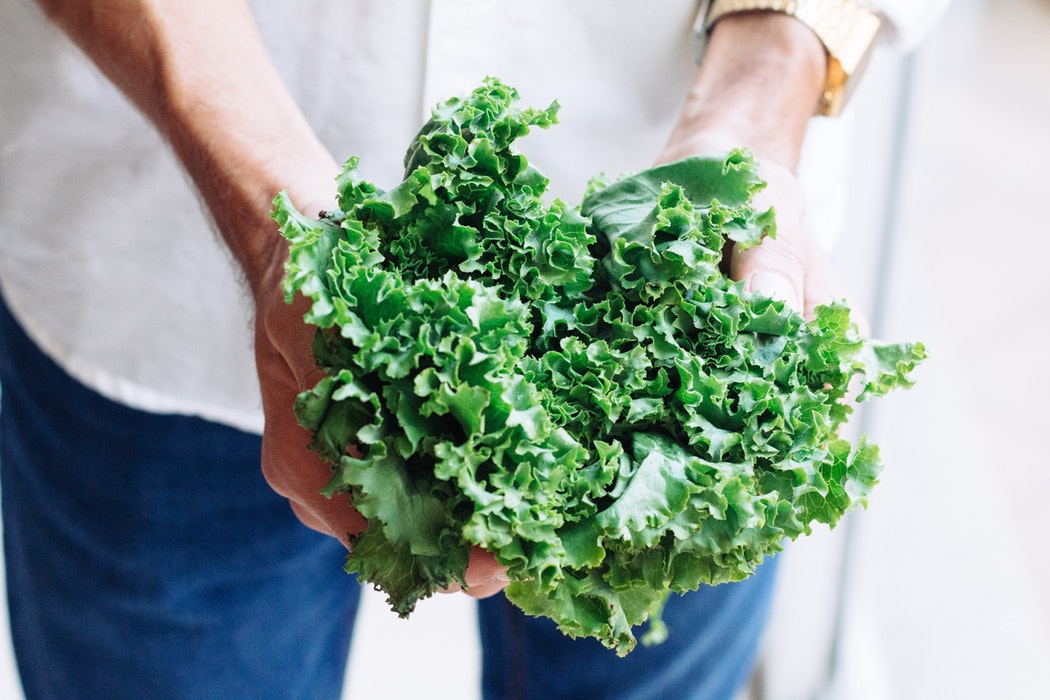If “Leaky Gut” sounds really gross, well, that’s because it kind of is. The name says it all. Also known as increased intestinal permeability, “Leaky Gut” is a condition in which gaps in your intestinal walls start to loosen, creating literal holes in the wall of your intestine. When you’re suffering from Leaky Gut, food you eat and digest can “leak” out into your body and bloodstream. As I am sure you can imagine, this creates a very toxic and inflammatory response in your body.
Increased intestinal permeability can be connected to several chronic and autoimmune diseases, including migraines, candida, food sensitivities, skin conditions such as eczema, brain fog and even chronic fatigue.
Eating mindfully can really help manage Leaky Gut syndrome – and there’s lots of delicious options! Though you should work with your doctor to develop a treatment plan that works for you, we find the guidelines below helpful when planning meals for a Leaky Gut sufferer.
We recommend avoiding:
Grains – Anyone struggling with a leaky gut (or gastrointestinal symptoms as a whole) should avoid gluten completely until their gut is functioning properly again. Grains with gluten include wheat, spelt, rye and barley. If you must eat grains, choose soaked or sprouted options to deactivate anti-nutrients. These are generally gentler on the GI tract.
Sugar – Sugar can cause imbalances in gut flora by feeding yeasts and bad bacteria, further damaging the gut. White sugar is especially problematic, but even maple syrup and honey in large quantities can cause problems.
Dairy– Milk is among the most common food sensitivities, and no, not even “lactose free” milk is a great idea for Leaky Gut. Most people are not actually intolerant to lactose, but the casein and whey that make up milk and milk products. Milk is so overly processed, it can no longer be considered a “whole food” – our bodies simply can’t break it down!
However, there may be a place in a gastrointestinal-sensitive diet for fermented, organic dairy such as yogurt of kefir. Reactions vary from person-to-person, so pay attention to your body to learn what works for you. Even other animals’ milk, such as goat or sheep milk, can contain casein in whey. It is best to avoid all animal milk and cheeses.
Foods that may help manage Leaky Gut include:
Plants – Plants have amazing healing powers! While raw vegetables and fruits may be difficult to digest and hard on the gut, cooked or blended vegetables are powerful in healing and supporting the body. Choose a wide variety of colorful vegetables and fruits, with plenty of leafy greens.
Bone Broth – Bone broth has gut-healing amino acids, minerals, and collagen. When possible, opt for homemade bone broth from organic, pasture-raised or grass-fed animal bones. Pro tip? Purchase these at your local grocery store!
Fermented Foods – Fermented foods bring good bacteria into the gut. Preserved and cultured vegetables like kimchi, sauerkraut, other pickled vegetables, and drinks like kombucha and kefir can support a healthy gut and bolster your immune system.
Healthy Fats – Healthy fats such as fatty fish, nuts, olive oil and coconut can reduce inflammation, improve digestion, and feed some types of good gut bacteria.
Turmeric – Turmeric can reduce inflammation throughout the body, and especially the gut lining. An added benefit? Turmeric helps support liver detoxification of environmental toxins!
We hope this list has been helpful to those of you suffering from Leaky Gut or walking alongside someone with gastrointestinal difficulties. For personalized meal delivery that’s specific to your body’s needs, contact us!

